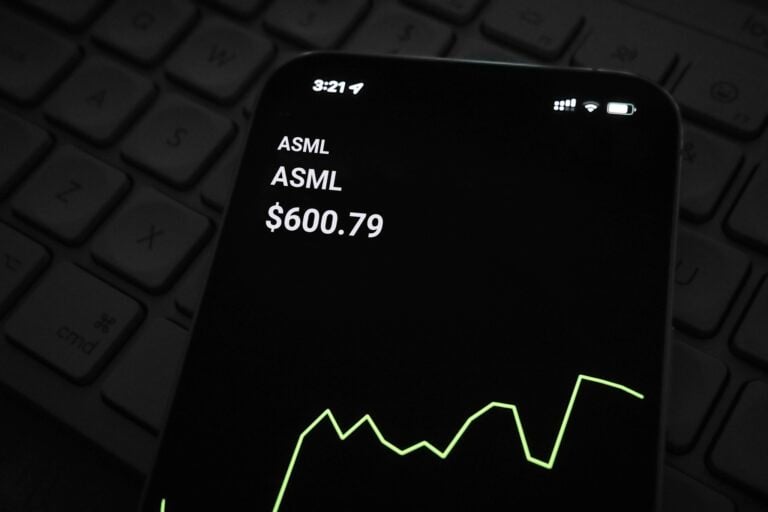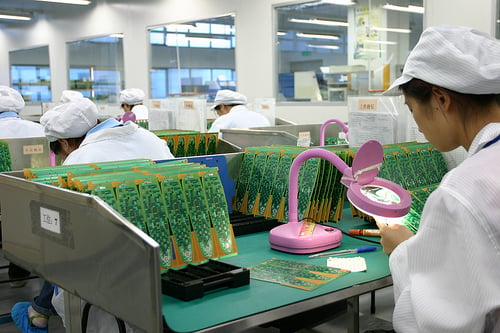Apple fails in its responsibility to monitor suppliers
In its code of conduct, Apple claims that it requires its suppliers to uphold its workers’ basic human rights as understood by the international community, and to treat them with dignity and respect.1 In contrast, our investigations demonstrate that Apple supplier factories are intensifying a military-style management of workers. Apples’ products sales are high, with new models and devices every year. This means that its suppliers in turn depend on an extremely large and flexible workforce to meet Apple’s demanding production orders on short notice. Therefore, to make sure workers meet the daily production targets, Apple suppliers resort to inhumane labor practices, even to the extent of denying workers’ basic human needs, such as allowing bathroom breaks, sufficient rest, and access to proper nutrition; these conditions partly contribute to the high labor turnover rate. Increasingly, Apple suppliers use student workers from vocational schools from all over China, under the guise of “student internships”. These alarming findings prove that Apple suppliers are indeed sweatshops that exploit their workers.
Partners
-
makeITfair
-
Students and Scholars against Corporate Misbehavior
Publicatie
Related news
-
 Overheid pampert ASML en aandeelhouders met 4,4 miljard euro belastingkortingGeplaatst in categorie:Lang lezen
Overheid pampert ASML en aandeelhouders met 4,4 miljard euro belastingkortingGeplaatst in categorie:Lang lezen David Ollivier de LethGepubliceerd op:
David Ollivier de LethGepubliceerd op: -
EU-wetgeving voor batterijen moet ook gelden voor bauxiet, koper en ijzerGeplaatst in categorie:Gepubliceerd op:Verklaring
-
State of play and roadmap concepts: Elektronics Sector Gepubliceerd op:
 Alejandro GonzálezGeplaatst in categorie:Publicatie
Alejandro GonzálezGeplaatst in categorie:Publicatie Alejandro González
Alejandro González

